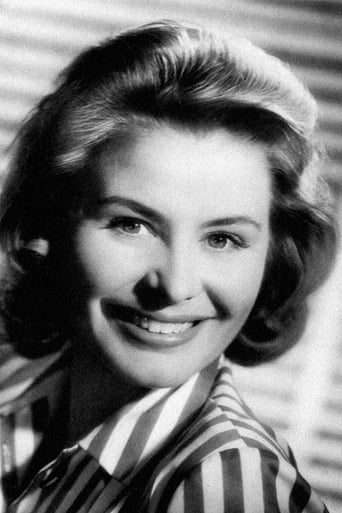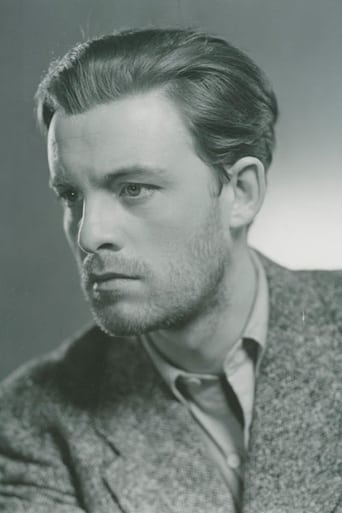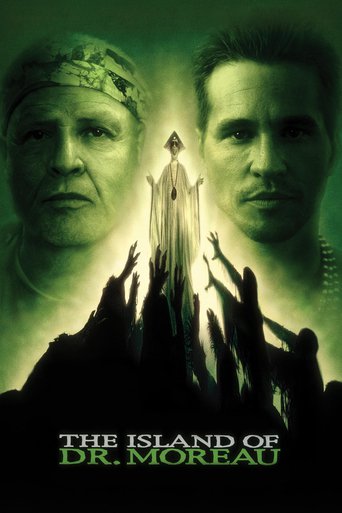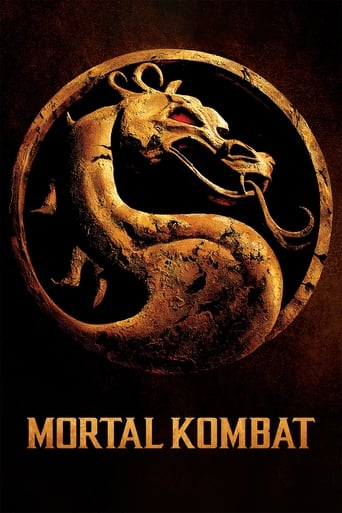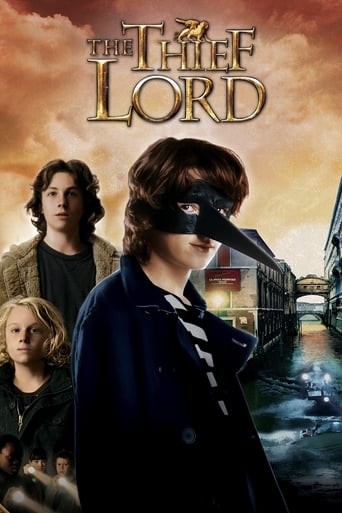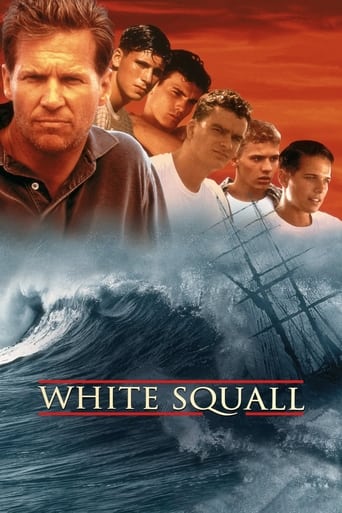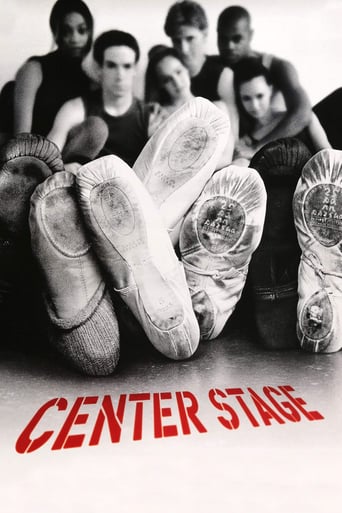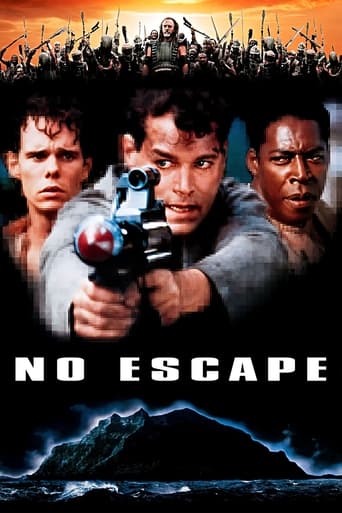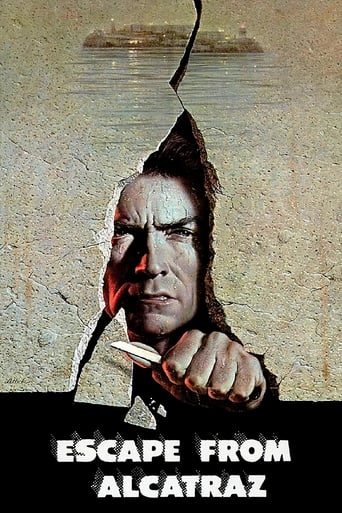
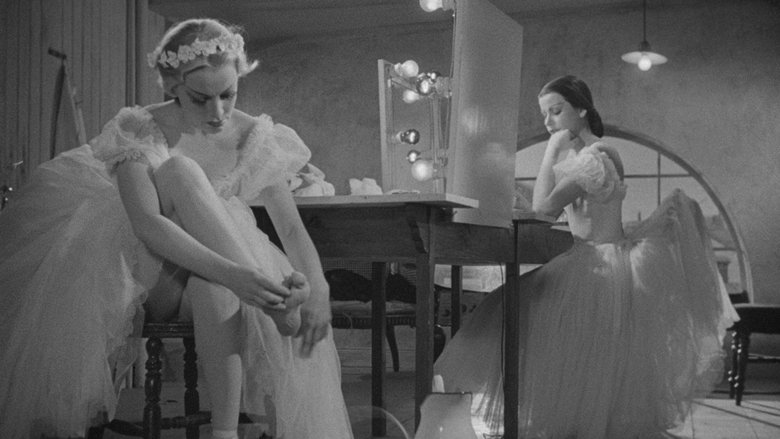
Summer Interlude (1951)
A jaded prima ballerina reminisces about her first love affair after she is unexpectedly sent her lover's old diary.
Watch Trailer
Cast


Similar titles
Reviews
Opening with a church bell, Ingmar Bergman proves his preoccupation with religion as he explores Maria's plight with a summer love as she works on rehearsals for the ballet Swan Lake. Falling in love deeper each day as the summer progresses, the two find themselves at a crossroads as Autumn arrives. A traumatic event causes Maria to reconsider her life at the end of her career and reconsider her summer spent in love. Summer Interlude was a deeply moving story, that needed little else in the way of technical prowess to be compelling.
Love story perfectly told. Life story perfectly told.First of all I was angry watching the to lovers being enormously happy. It was so unreal and idealistic that I said to myself - you can see this only in movies. The two lovers were talking the strange language of love that makes them fool around and boost. That makes them feel the need to show off and to be something more. That naive language of their naive youth.Suddenly this romantic cloud was blown away and this movie become more realistic, lifely realistic. Yeah, it was trivial but told in Bergman's way it was also very beautiful and true. It showed the change that we all live trough the language that is familiar but we do not speak any more, the things in life and the life caught in the walls of self preservation, senselessness and absurd where the only one escape is the ultimate love - the only reality.http://vihrenmitevmovies.blogspot.com/
Bergman was in his prime and tweaking his virtuoso for his next films thenceforward; this is one of his first movies where he co-write the script and where he interlaced the story with a flashback sequence; as a ballet dancer named "Marie" gets ready for her performance in "Swan Lake" she is greeted with an unexpected parcel... She then peruses a nostalgic pad written from her summer 10 years ago, and is in a conflict with her nostalgia and the tragedy that entails through that nostalgia... This is where the movie shines; it's profoundly stimulating for me to watch a story where it's unfolding through a period where the character seems to be unable to engage with the world, and with the biggest anthropological study of how, we're treated with it through the turning point at a happier time. It's, I'm sure, an overused staple in Drama or Romance today; here, it is used to great avail, and it is the strongest part of the film. She grows deeply in love with Where she says that God is doing a scant job of helping her in her time of need, was deep and very much (as a criticism) pushed; Bergman indulged in his Lutheran Upbringing frequently in his movies; I suppose it was a way of expressing philosophy, to which he thought was the only way he could paint it on this canvas. Unfortunately, here it feels like it was done with a slight reserve She goes in superficial relationship with Hendrick (in the flashback sequence), where only she can be the mirror into the heart. Maria loves Henrick, but really in context I think she's impelled towards him; even though you're given not much context as to how this relationship sparked any dynamic, you're treated to the recklessness that is attributed to the love and all its might.It's deep and transfixing. Also, rather unsettling; it doesn't spark anything memorable about the Ballet Dancer; she's lovelorn and dwells on her past; her Uncle Erland wants her to elope with him, despite the fact that she's already in a relationship; the weird thing is he is so callous that even with the subsequent tragedy, you still feel deep detachment; as a criticism, it is unsettling and really only plays the part of disrupting your psyche; I suppose in conventional Drama, it is a bit less realistic, but even this infatuation is not really directed well so much to the point where the character is involved and this seems like a stitched up emotion, in order to sweep her under the mat.And like "Friday the 13th" (not that this movie is any shape or form related to that; it is trash compared to him) Bergman makes great use of his setting of the water and would do so onward; the sorrows he displays and the insecurity of his characters shun our ideas about the irrationality of relationships, and how we console ourselves with partners to feel important both cognitively and knowingly so.The ending is not very resonant, but I think this was yet another wink at the audience that she becomes ingratiated to another man (A Newspaper Journalist) and now that he knows the truth of what happened to Henrick, she can now throw herself at him as an empathetic person.My favorite part was in the Dressing Room, where the guy talks about the ugly facade created by people and how her absent mindedness, while style obscurely understood, stands for grandest depths of the artistic medium... Bergman really is enamoured to any art, and this is where his canvas would soon manifest in and respectively so.So in conclusion, this is not Bergman's best by a long shot, but it has his emotional elements, it contains enough drama to traverse through and it's a charming nostalgic movie... it doesn't have any significance that any of his later films would have though.
While waiting for the night rehearsal of the ballet Swan Lake, the lonely twenty-eight year-old ballerina Marie (Maj-Britt Nilsson) receives a diary through the mail. She travels by ferry to an island nearby Stockholm, where she recalls her first love Henrik (Birger Malmsten). Thirteen years ago, while traveling to spend her summer vacation with her aunt Elisabeth (Renée Björling) and her uncle Erland (Georg Funkquist), Marie meets Henrik in the ferry and sooner they fall in love for each other. They spend summer vacation together when a tragedy separates them and Marie builds a wall affecting her sentimental life."Sommarlek" is a simple little film of the great director Ingmar Bergman in the beginning of his successful career. The plot discloses through flashbacks a tragic and timeless love story affecting the life of the lead character that builds a wall to protect her sentiments and loses her innocence with her corrupt uncle. The cinematography, landscapes, sceneries and camera work are awesome, using magnificent locations and unusual angles to shot the movie. Maj-Britt Nilsson and Birger Malmsten have great performances in this beautiful and melancholic film. My vote is eight.Title (Brazil): "Juventude" ("Youth")


